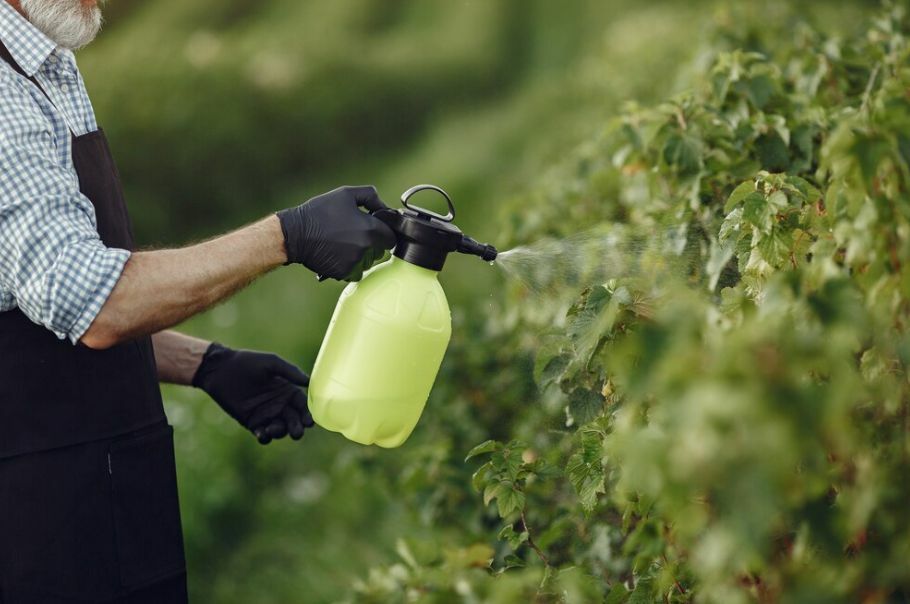Thailand boosts food safety, bans harmful agrochemicals

Thailand’s food safety protocols are on the rise following successful efforts to ban harmful herbicides and pesticides such as paraquat and chlorpyrifos, alongside triumphant attempts to limit glyphosate use, as discussed at a recent seminar.
A recent seminar titled A Decade for Driving to Food Safety highlighted that fewer individuals are now receiving treatment for symptoms related to the use and misuse of these chemicals.
The coordinator of the Thai Pesticide Alert Network (Thai-Pan), Prokchon Usap noted that significant progress was made when the government intervened, resulting in a reduction of agrochemical imports from 128 million kilogrammes in 2017 to 113 million kilogrammes in 2022.
The number of patients with conditions linked to agrochemical use also dropped, from 22.75 cases per 100,000 people in 2017 to 8.72 per 100,000 people in 2023.
In 2019, the Department of Medical Sciences reported that 26.6% of research samples were contaminated with hazardous chemicals, said Prokchon.
“However, zero contamination was detected in samples after the ban.”
Thai-Pan expects public health expenditure related to agrichemical-induced diseases to decrease by over 48 billion baht (US$1.3 billion) in the forthcoming years.
Prokchon added that Thai-Pan monitored the usage of four types of agrochemicals, carbonate, organophosphate, organochlorine, and pyrethroids in exported fruits and vegetables from 2012 to 2022.
Their findings showed that contamination levels had decreased from 50% to 20%. Thai-Pan and its partners plan to work towards a total ban of these four agrichemicals. Prokchon further commends the increased lab capacity which now allows for testing on a larger scale, with facilities to test for around 500 chemicals.
“We are happy with the country’s effort to elevate food safety standards, as less chemical contamination is being found in samples of fruit and vegetables. While 60% were tainted in 2016, that number had dropped to 51% in 2022.
“It proves we are now on the right track to dealing with the chemical at its source.”
Thai-Pan and its partners agreed that cooperation from all stakeholders is key to creating a nationwide movement towards achieving food safety, with the prospect of even less agrochemical use by farmers in the future, reported Bangkok Post.
Latest Thailand News
Follow The Thaiger on Google News:


























